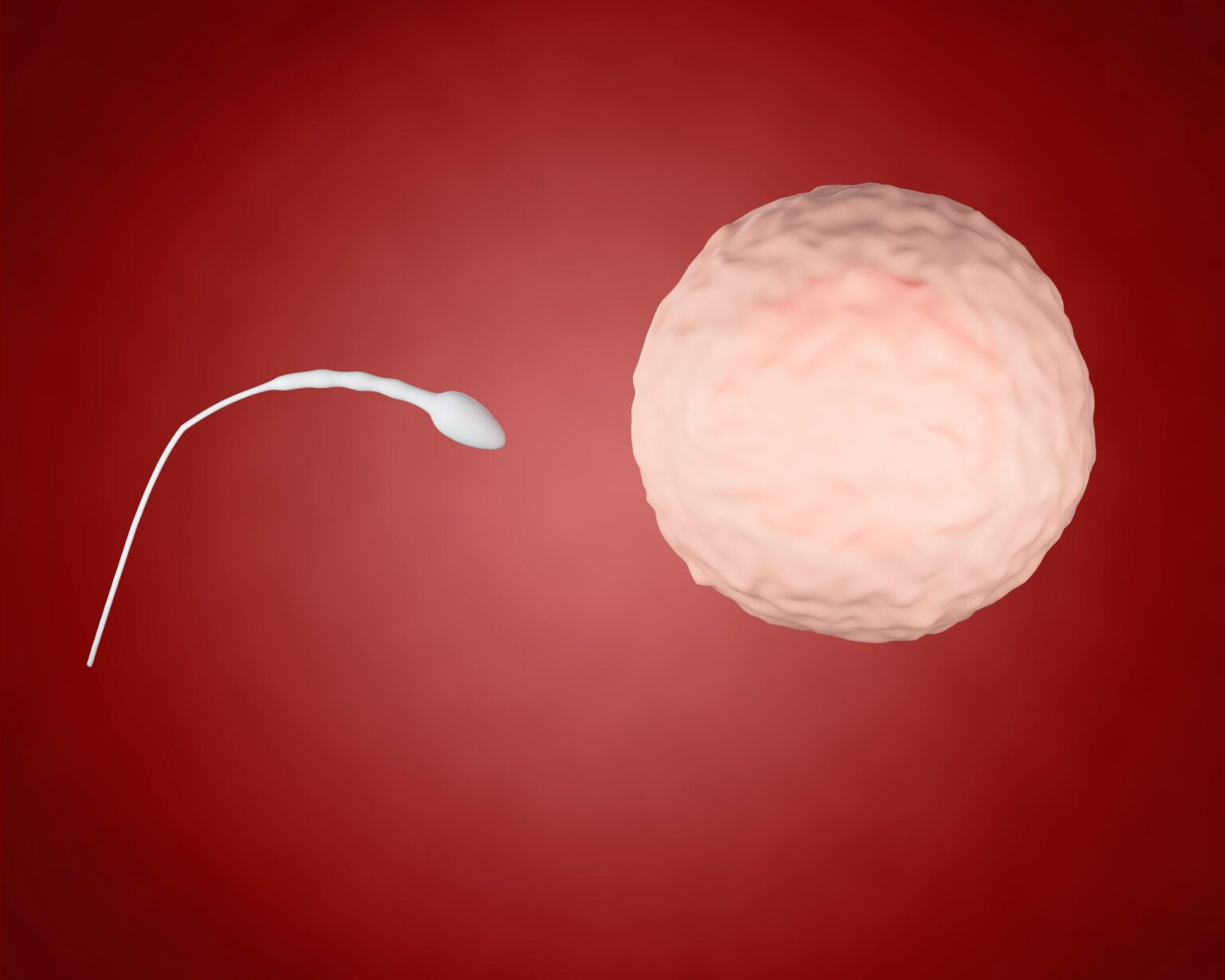Male infertility has long been a challenging issue, with many men facing difficulties in conceiving due to conditions such as low sperm count or poor sperm quality. However, a new breakthrough in male fertility treatment could offer hope to men struggling with infertility. In September 2024, researchers published a study in Frontiers in Endocrinology detailing the development of non-invasive biomarkers that could significantly improve the success rates of sperm retrieval in men with non-obstructive azoospermia (NOA).
Azoospermia is a condition in which a man’s semen contains little or no sperm, often due to genetic factors or hormonal imbalances. Traditionally, men with NOA required invasive surgical procedures to retrieve sperm for in vitro fertilization (IVF). However, this new research suggests that specific biomarkers in blood and urine could predict the likelihood of successful sperm retrieval, allowing doctors to tailor their treatment strategies more effectively.
The study’s lead researcher, Dr. Jane Thompson, explained that identifying these biomarkers could help clinicians better understand the underlying causes of azoospermia and provide more accurate predictions for sperm retrieval success. This advancement could eliminate the need for unnecessary and invasive procedures, reducing the emotional and physical toll on men seeking fertility treatment.
With male infertility becoming an increasingly common issue, particularly among older men, this breakthrough offers a significant step forward in reproductive medicine. By improving the success rates of sperm retrieval and reducing the need for invasive treatments, these new techniques could provide a more accessible and effective path to parenthood for many men. The research has the potential to transform fertility care and provide hope to couples facing infertility challenges.
